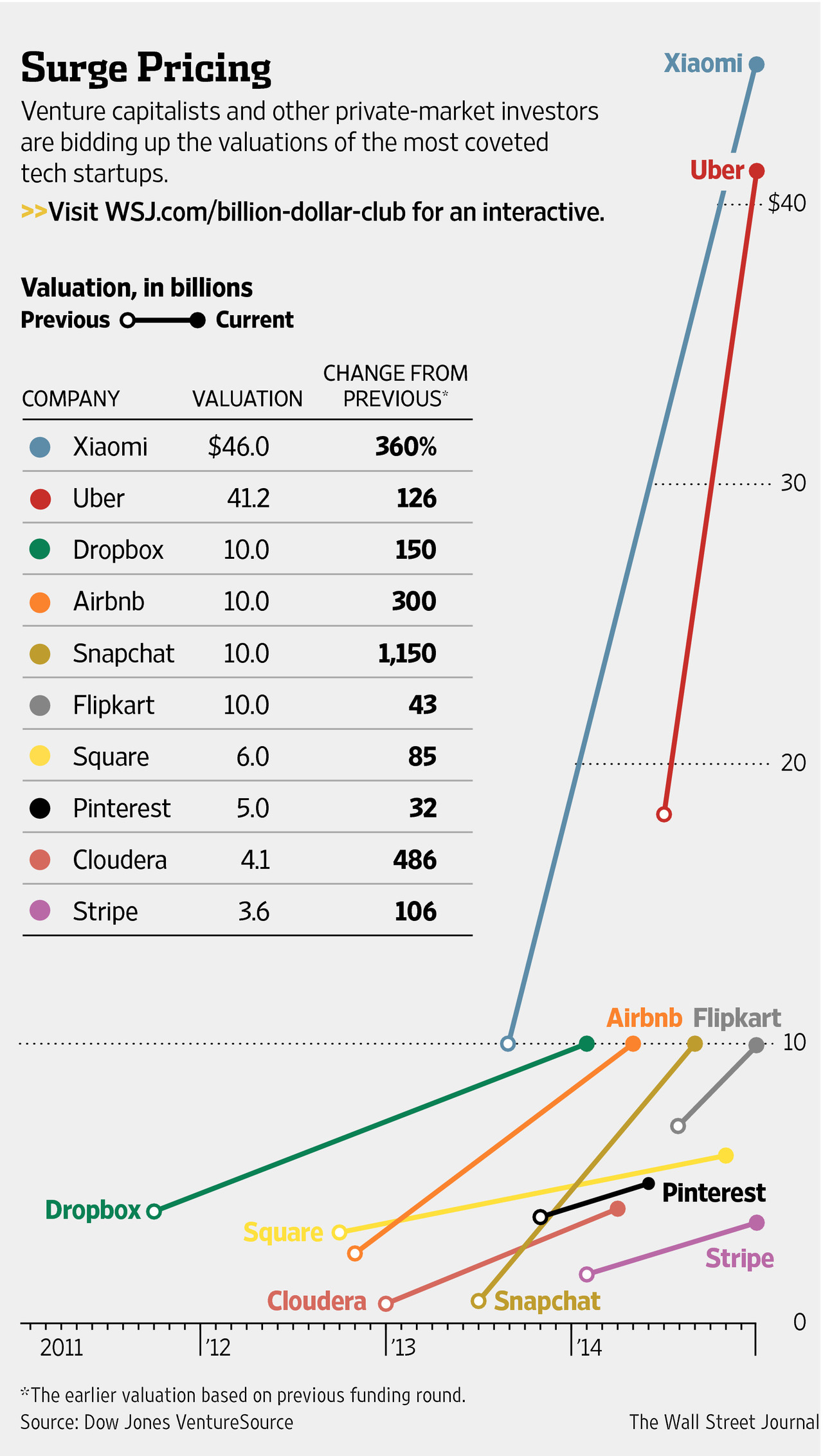 Brokerdealer.com blog update is courtesy of a press release from Opus Bank and found on MarketWatch
Brokerdealer.com blog update is courtesy of a press release from Opus Bank and found on MarketWatch
Opus Bank, a California-chartered commercial bank, provides high-value, relationship-based banking products, services, and solutions to its clients through its Retail Bank, Commercial Bank, Merchant Bank, and Correspondent Bank. They recently just expanded to provide brokerdealer services through a subsidiary called Opus Financial Partners.
Opus Bank (“Opus” or the “Bank”) OPB, -0.54% announced today that it has established and received regulatory approval for Opus Financial Partners, LLC (“Opus Financial Partners” or “OFP”), the broker-dealer subsidiary of the Bank. Opus Financial Partners will further enable Opus’ Merchant Bank to help its clients address their financial and advisory needs related to raising equity capital, targeted acquisition and divestiture strategies, general mergers and acquisitions, debt and equity financing, balance sheet restructuring, valuation, strategy, and performance improvement. Dale Cheney, Senior Managing Director, Head of the Merchant Bank, will also lead Opus Financial Partners.
Dale Cheney, Senior Managing Director, stated, “Opus Financial Partners’ capabilities complement Opus’ Merchant Bank by providing a comprehensive and integrated capital and advisory solution to lower middle-market companies, business owners, and private equity groups.” Cheney added, “The traditional investment banking model, with its layers of intermediaries and capital providers, is inefficient and outdated for today’s dynamic business environment where business owners and entrepreneurs are constantly challenged by limited time and resources. We partner with these executives and their companies to provide a sophisticated, one-stop capital and advisory solution that allows them to focus on building a successful business.”
Stephen H. Gordon, Opus Bank’s Founding Chairman, CEO & President, commented, “There is a void in the lower middle-market where access to debt and equity capital is limited and delivered inefficiently. Additionally, even successful companies that want to expand and grow their businesses typically don’t have access to the sophisticated M&A and other advisory services they need in order to capitalize on strategic opportunities and remain competitive. The capabilities provided through Opus’ Merchant Bank and through our broker-dealer, Opus Financial Partners, will help our clients to thoughtfully and strategically grow, capitalize or monetize their business.” Mr. Gordon concluded, “Having begun my career over 30 years ago as an investment banker, I recognize that we have an opportunity to fill a void and address a significant need by building a market-leading West Coast-based merchant bank that adheres to Opus’ entrepreneurial philosophy of partnering with our clients, as opposed to simply serving as transaction advisors.”



